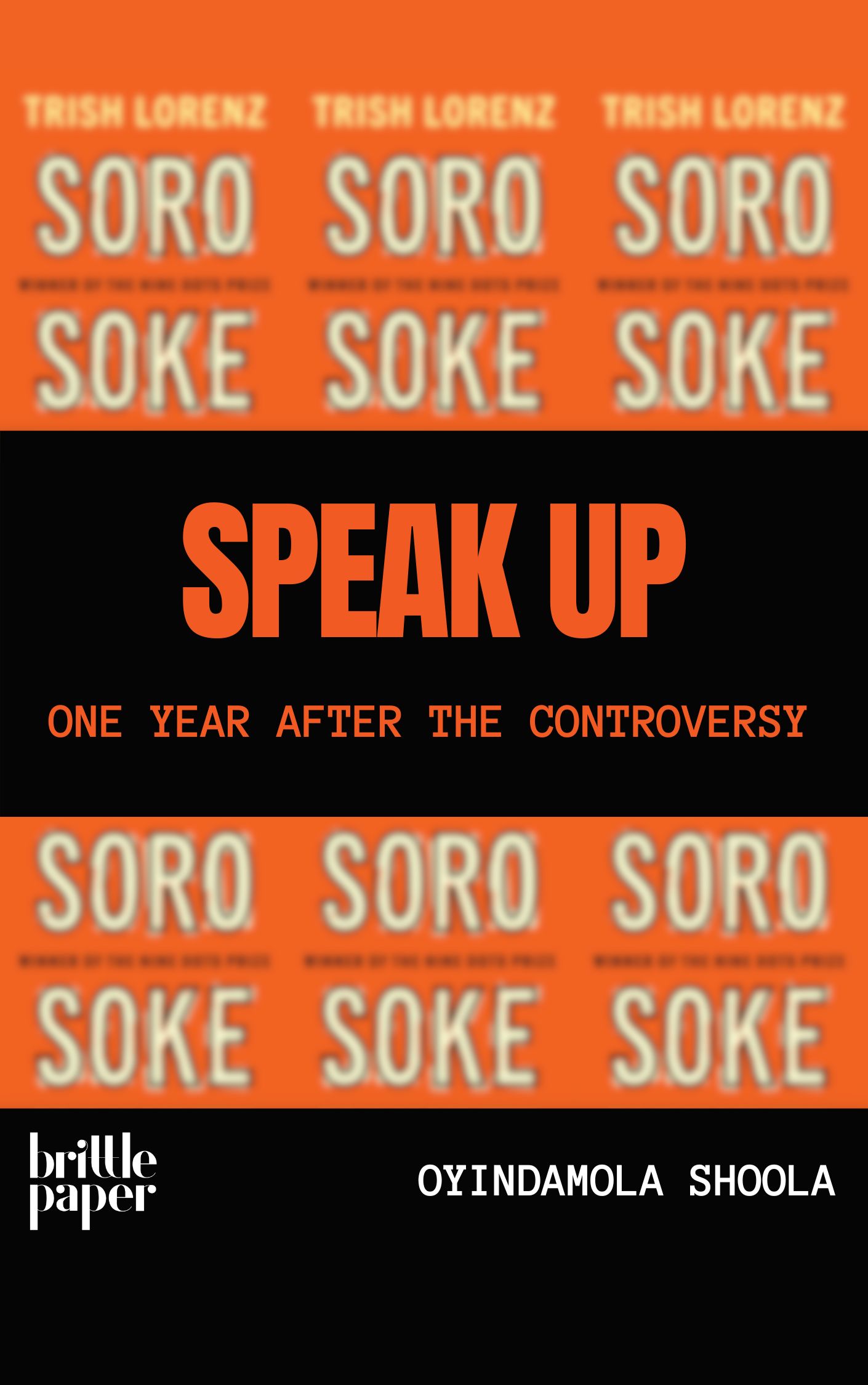
Part II: When Anger Prevents You from Hearing Your Own Voice
“Art is another way to really make sense of your world and to share that experience with people. You are transacting culturally with art. We all come from a different culture. You give me your experience, I give you my experience, visually. And we keep adding to the beauty of the world, we keep adding to conversations around diversity and culture.”
Jacon Osinachi Igwe
Digital Visual Artist described as Africa’s Foremost Crypto Artist
(An Excerpt from Soro Soke)
In 2019, I found myself in a similar situation as Trish Lorenz where someone, without reading my work, determined I was a bad person from the title of a piece that was a satire. In a later article addressing the controversy, I wrote about the problem with online jungle justice and how dangerous it is when misinformed people lead a conversation, especially when they claim to be victims. So, when two friends sent me screenshots and links to Twitter, sharing their arguments against the book, Soro Soke by Trish Lorenz about a year ago, I immediately knew something was off.
Firstly, I knew something was wrong about how the conversation was handled because, before the conversation even started, I had proof they had not read the book; therefore, their argument was based on transferred emotions rather than truth. I was one of 30+ Nigerians whose interview was featured in the book. They didn’t even know that the book was a collection of interview features of young Nigerians in their generation despite the book cover and subtitle clearly stating so. They had been too fixated on the exact phrase other people found a reason to be angry about. In a further discussion with another friend, we agreed that the anger some people displayed on Twitter was about the mass shooting of unarmed protesters and youth at the Lekki toll gate in 2020. This campaign captured a lot of issues beyond police brutality that we wanted to change.
“Nigerians are very tenacious and hard-working because there are a lot of things against us. If you can survive in Nigeria, you can survive anywhere. I think of myself over the last 10 years and imagine if I was in a space where we didn’t have electricity issues and when you want to start a business, they don’t put a lot of tax and regulations. Housing is expensive, it’s hard to live a decent life. But people go through all this and still manage to build lives for themselves. I think our situation has strengthened us. We push on regardless. We are young, we are not like our parents’ generation, where you can shut us down. My dream is to put Nigeria at the forefront, to help people understand that we have people here who are amazing animators, amazing designers, to export Nigerian talent, to make them see us. That’s the future I want to see.”
Omobolanle Banwo
Founder of the Female Designer Movement
(An Excerpt from Soro Soke)
While I was proud of the voices speaking up ever since the EndSARS protests, I was equally disappointed at its misuse in this case. During the protest period, an older Nigerian woman in her 50s told me she was proud of us, my generation. We speak up, and we’re not the generation of “Ka a sha ma gba fun Olorun,” meaning accepting that God destined our misfortunes. But seeing the one-sided and often untrue arguments against Soro Soke and Lorenz go around social media for months, for once, I wished people chose patience first. Worse, when phrases like slavery, racism, and oppression are thrown about, it is easy to assume the victim’s position without investigation. At some point, when someone else would bring a new argument to me about the book, I would just tell them to go read it from cover to cover before conversing with me; because it is of no point arguing with someone about what they’ve been misinformed. Often than not, they would come back to disagree with their own presumptions and initial protests. However, the damage of their presumptions and anger expressed online would have already been done and be irreversible.
To call Soro Soke a well-written book capturing the stories of young disruptors of an African megacity is an understatement. Knowing Lorenz from the interview when she was doing research for the book and understanding what inspired it, as well as the funding prize of her research, the Nine Dots, it hurt even more to see how we all missed an excellent opportunity to spotlight a generation of people who are doing well, intending to move the country forward in diverse industries. Unlike many claimed, this book didn’t steal the voice of young Nigerians but amplified the perspectives of solution-driven young Nigerian entrepreneurs leading change in their niche.
“For me, like many other Nigerians who are entrepreneurial, we didn’t start by trying to change the world, we were just trying to survive. I was very focused on how much money I could make for a very long time. I wanted to prove to everybody I could make lots of money like Mark Zuckerberg did. But it wasn’t until I got to a place in my life where I started to understand that technology represents an opportunity to serve people that I really got my big break. The big idea, the big lesson I learned from building businesses like Andela and Flutterwave, is that embedded in the challenges are the opportunities. So, take a crazy challenge like youth unemployment and turn it into an opportunity for remote working. Take an incredible challenge like financial exclusion and turn it into an opportunity for global payments. Do the things that are only possible to do here. You can still make money this way if that’s what you care about. But this is about more than making money: it is a service to the country. It’s about building a path to a future where prosperity is within everyone’s reach.”
Iyinoluwa Aboyeji
Co-founder of Andela and Former Managing Director of Flutterwave
(An Excerpt from Soro Soke)
In a conversation with a friend who claimed Trish Lorenz’s Soro Soke stole the spotlight from the End SARS Anthology titled Soro Soke and edited by Jumoke Verissimo and James Yeku, I begged to differ. The anthology, published months earlier, had the chance to thrive in the spotlight; plus, it is a poetry anthology of protest and resistance, while Trish’s version, in addition to those qualities, is a journalistic effort of hope and revival that’s equally needed for the future of the country. Plus, this isn’t the first time in the publishing world that two books would bear the same title, hence why we have ISBNs, and there were more books titled Soro Soke published during and after EndSARS. Notably, if this were a competition of which book is more worthy of publication, I would have hoped the energy against Lorenz’s version would convert into significant sales and engagement of Verissimo and Yeku’s version, but did it? Because many people don’t really care to read and research, even if it would be profitable to those they are fighting for.
Unlike others who claimed that Soro Soke by Trish Lorenz never acknowledged the events that made the phrase Soro Soke famous, Chapter 8, titled “The Hashtag Generation,” does. There, Lorenz captures the moments surrounding October 20th. This chapter, one of the book’s longest, included images from the protest, one that even said Soro Soke and gave room to different young Nigerians like Osinachi, Rinu Odiala, Uzor, and more who shared their own experience with SARS and why #EndSARS was a country-shaking moment. Particularly, it credited the women of The Feminist Coalition, who gave the world an example of positive and collective accountability and showed what change can look like if we have good leaders.
Finally, I shared that just like a muse is indiscriminatory, every good idea is on the table until someone pursues it. Except for online interviews I have seen here and there, I am yet to find a Nigerian platform sponsoring a research-focused prize like Nine Dots – which was and is open to anyone, including Nigerians who want to take on the challenge. I have yet to see a book focused on young Nigerian entrepreneurs, one I wish I had access to, as a guide of hope when I started my business journey at the age of 18. But have I seen many anthologies and poems about the plights of Nigerians against the country and its leaders? Yes. The month of October is full of them. So, to say this book is undeserving of its place and not a stand-out or stand-alone would be a lie. This book was also a FREE download to increase accessibility, unlike people claimed it was a mere capitalist gesture.
“There are so many needs here that it is easy to become a hero. You just have to step forward and address them.”
John Obidi
Founder of Headstart Africa
(An Excerpt from Soro Soke)
A country thrives on the foundation of its business owners and entrepreneurs who disrupt outdated processes and propose new paths – which is what Soro Soke was about. Ngozi Okonjo-Iweala’s famous 2007 Ted Talk titled, Want to Help Africa? Do Business Here, captures it well. Most importantly, a nation thrives when people tell its story in an informed, truthful, accessible, and action-empowering way, as Lorenz did. The EndSARS movement was enough evidence of our immeasurable power and impact as youth when we collaborate. We unified and spoke about the change we wanted for Nigeria which Lorenz further captured by interviewing young Nigerian leaders in several industries, because if we don’t even know them, how can we support them?
Trish Lorenz’s book is a disrupting and eye-opening gift for many curious enough to go beyond the misleading conversation that people who never read the book started. This book didn’t unjustly victimize Nigerians as many claimed; instead, it emphasizes them as heroes of their nation, highlighting the excellent work that young Nigerians do to push the country forward. Reading the book fully and understanding its value made it even easier to forgive what people deemed as theft of language which I saw as an echo of our voice.
This is not a piece of redemption, and I know you’ll wonder, why write about this now, over a year later? Reviewing Soro Soke, from a distance to the false assumptions made about it and its author allowed me to see how unfair it is to be reduced to a single story that overshadowed all the impacting and uplifting voices of young Nigerian entrepreneurs captured in it. I would have thought we learned enough from Chimamanda Adichie’s “The Danger of a Single Story,” where she said, “It is impossible to talk about the single story without talking about power… Like our economic and political worlds, stories too are defined by the principle of nkali: How they are told, who tells them, when they’re told, how many stories are told, are really dependent on power. Power is the ability not just to tell the story of another person, but to make it the definitive story of that person.” What is not as quoted from Chimamanda’s Ted Talk is the end where she said, “When we reject the single story, when we realize that there is never a single story about any place, we regain a kind of paradise.” As we celebrate another independence, it is worth acknowledging the young people making an impact in their niche that Lorenz captured with Soro Soke.
It takes a lot of courage to stand against something like we all did during the EndSARS protests. It takes even more courage to stand for something true and just when loyalty to our assumptions, hindsight, misinformation, or our own people is the real opposition. This series wraps up with a detailed interview with Lorenz, re-establishing her intentions of Soro Soke, a book that echoes our victories and acknowledges our losses, and most importantly, makes Nigerians the heroes of their own story and great nation.
I am not entitled to anyone’s agreement with this book or my perspective. However, what I hope is the simplest and non-costly effort anyone can make before choosing a side is to read the whole book, not without judgment but before judgment. Here is the FREE download of Soro Soke which only takes a few hours to read.
If you haven’t already, read Part I here, and be sure to check back in next Friday for Part III.


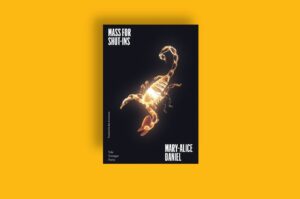
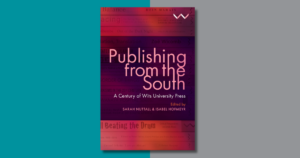
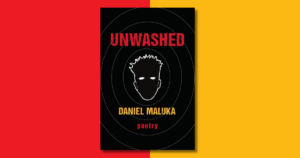
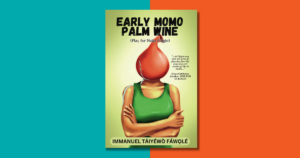
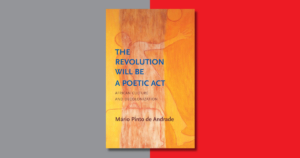
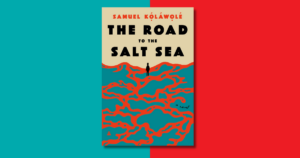

COMMENTS -
Reader Interactions